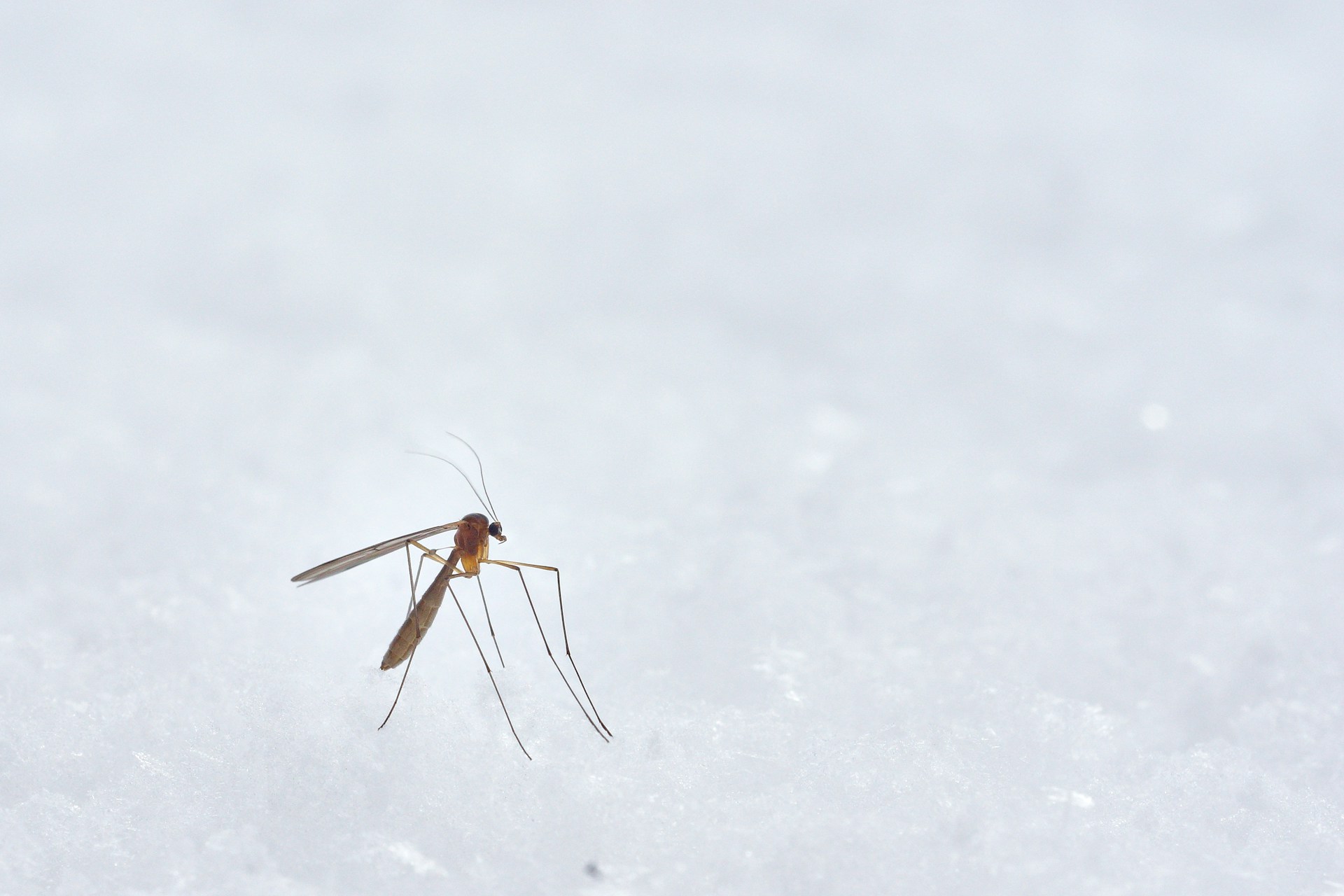News
Mosquitoes Discovered in Iceland for the First Time: What It Means for the Island Nation

Mosquitoes Discovered In Iceland For The First Time
For decades, Iceland has proudly stood as one of the few places on Earth without mosquitoes an insect-free haven in a world where the buzzing pests are nearly impossible to escape. But that changed recently, when scientists confirmed the first-ever discovery of mosquitoes living in Iceland’s natural environment.
A Historic First For Iceland
Researchers at the Natural Science Institute of Iceland identified three Culiseta annulata mosquitoes two females and one male roughly 30 kilometres north of Reykjavík. The discovery was made by entomologist Matthias Alfredsson, who told AFP that the insects were found caught on “wine ropes” a method typically used to attract moths by soaking fabric in sweetened wine and hanging it outdoors.
Until now, Iceland had been one of only two mosquito-free regions on Earth, the other being Antarctica. While there was a single recorded sighting years ago of an arctic mosquito species (Aedes nigripes) that arrived via airplane, that specimen was never found again.
“This is the first record of mosquitoes occurring in the natural environment in Iceland,” Alfredsson confirmed.
How Did They Get There?
The appearance of Culiseta annulata has scientists puzzled. The insects are believed to have arrived through human activity possibly transported via ships or cargo containers that dock in the island’s ports.
Although rising global temperatures and longer summers have made conditions more suitable for mosquitoes in northern latitudes, Alfredsson doesn’t think climate change alone explains their arrival.
“The species appears to be well adapted to colder climates,” he explained. “It can withstand long, harsh winters when temperatures drop below freezing.”
This particular mosquito is known for its resilience, surviving in areas where other species would perish. Its ability to breed in varied habitats may also help it persist in Iceland’s unpredictable weather conditions.
A Sign Of What’s To Come?
While the discovery has sparked curiosity, it’s also raised quiet concern among Icelanders. On social media, users expressed disbelief, with some joking that Iceland had “finally lost its last bragging right” and others sharing memes mourning the end of the island’s mosquito-free era.
Environmental scientists, however, are more cautious. Further monitoring is planned for the spring to determine whether the insects can establish a lasting population.
If they do, it would mark a small but symbolic shift a reminder that even the most isolated ecosystems are not immune to global change, whether through warming climates or global trade routes.
For now, Icelanders might want to keep a bottle of repellent handy just in case their famously serene summer nights start to buzz.
{Source:IOL}
Follow Joburg ETC on Facebook, Twitter , TikTok and Instagram
For more News in Johannesburg, visit joburgetc.com



























